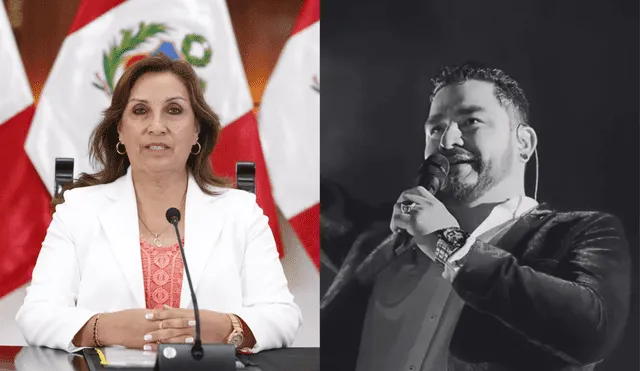Peru declares State of emergency after murder of singer Paul Flores
Peru has declared a state of emergency in Lima after the murder of singer Paul Flores, whose death highlights a surge in killings linked to extortion by criminal gangs. Authorities aim to combat rising violence and racketeering.

Peru’s government has declared a state of emergency in the capital, Lima, following the tragic murder of popular singer Paul Flores. The death of the lead vocalist of the cumbia group Armonia 10 has highlighted the growing issue of extortion-related violence in the country.
Flores and his bandmates were attacked by hitmen while leaving a concert outside Lima. This shocking event has intensified the national outcry against the rising crime wave, prompting the government to take immediate action.

ALSO SEE: Roatan Honduras plane crash claims 12 lives, including music legend Aurelio Martínez Suazo
Death of cumbia singer Paul Flores sparks national outcry
The death of Paul Flores, the beloved lead singer of the popular cumbia band Armonía 10, has shaken Peru. He was tragically shot by hitmen while traveling with his bandmates after a concert near Lima. Flores, known for his powerful presence in the Latin music scene, was reportedly targeted by criminal gangs who had previously attempted to extort money from the group. His murder has amplified the public’s outcry against the ongoing extortion epidemic and the increasing violence in the country.
Peru's Ministry of Culture honored Flores on social media, stating that the lead singer of the well-known group Armonía 10 "captured the hearts of thousands of Peruvians."
Growing violence in Peru linked to extortion
The murder of Paul Flores is just the latest incident in a concerning wave of violence that has plagued Peru in recent months. Extortion, often perpetrated by criminal gangs such as Venezuela’s Tren de Aragua, has reached alarming levels. Criminal organizations are targeting both individuals and businesses, making life difficult for many Peruvians. In January, a journalist who reported on the epidemic of extortion was killed, and other attacks have added to the growing sense of insecurity across the country.
In response to the rising violence, President Dina Boluarte declared a state of emergency, granting authorities the ability to restrict some civil liberties, such as the freedom of movement and assembly. This measure allows the police and military to detain individuals without judicial orders, a controversial but necessary step to address the crisis.
Peru's state of emergency and security measures
The state of emergency will remain in effect for 30 days, during which military and police forces will work together to combat organized crime. Authorities have also planned a security meeting to address these issues, which will now take place earlier than planned. The recent wave of violence has been particularly devastating in Lima, where over 450 killings have been reported so far in 2025, and thousands of extortion complaints have been filed.
This wave of violence has sparked political backlash as well. Opposition lawmakers are calling for a vote of no confidence against the Interior Minister, Juan José Santiváñez, accusing him of failing to address the growing security crisis. The vote is expected to be discussed in Congress in the coming days.
Peru's continued struggle with organized crime
Peru’s efforts to curb extortion and violence have faced significant challenges. Organized crime groups like Tren de Aragua operate not only in Peru but across Latin America, making the problem even more complex. The police have struggled to manage the widespread racketeering activities, which affect both the business sector and ordinary citizens.
The murder of Paul Flores has amplified the public's demand for stronger actions to tackle these criminal organizations. However, many Peruvians remain fearful of reporting extortion cases, as victims often face retaliation from gangs.












